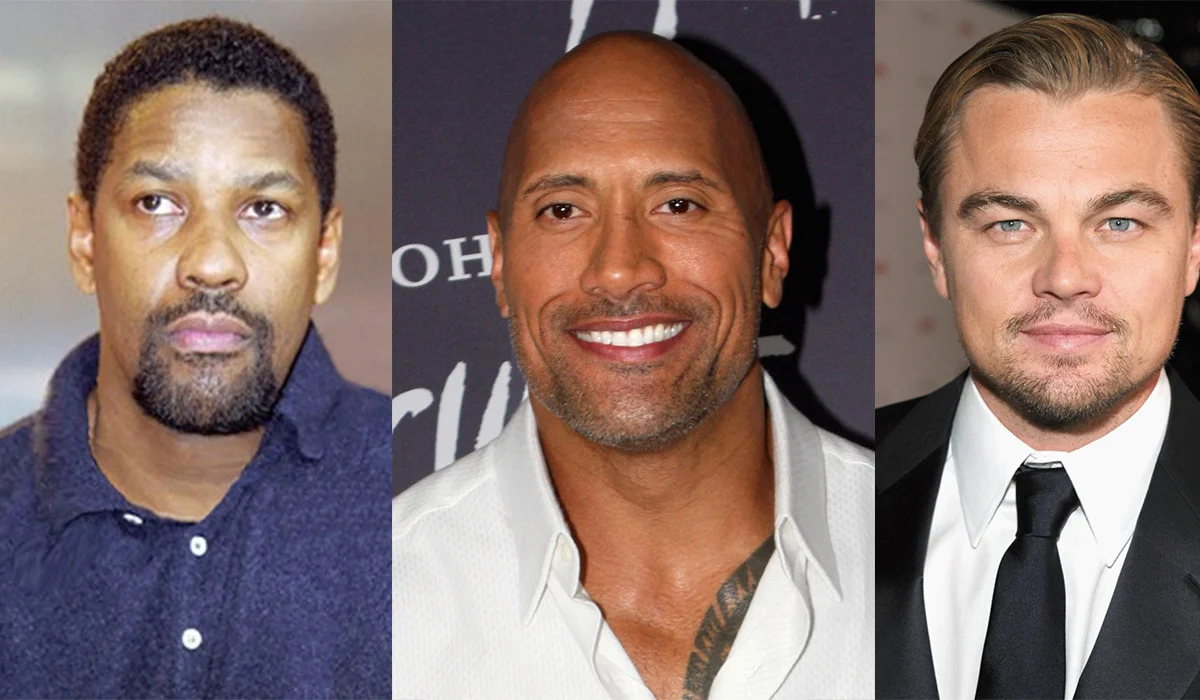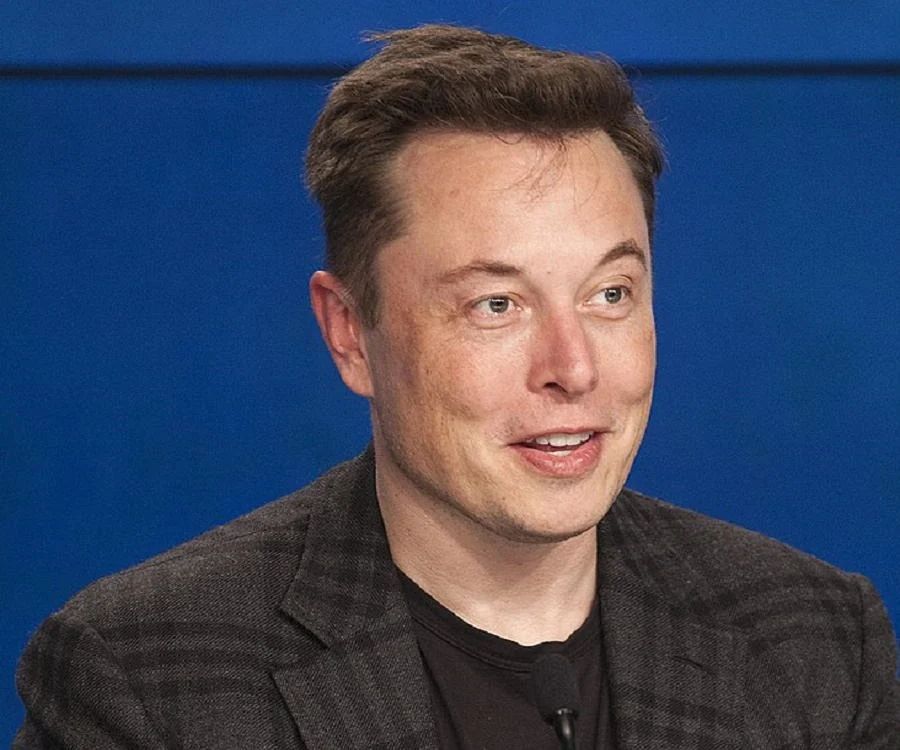
In the dazzling, often bewildering, firmament of global business, few figures burn as brightly, or as controversially, as Elon Reeve Musk. As of May 2025, Forbes estimates his net worth at a staggering US$424.7 billion, solidifying his status as the wealthiest person in the world since 2021. This isn’t just about money; it’s about an unparalleled concentration of influence across industries that define our modern world, from the digital realm of social media to the cosmic frontier of space exploration.
Indeed, when one considers the sheer breadth of his ventures—Tesla, SpaceX, X (formerly Twitter), Neuralink, The Boring Company, and his recent, highly scrutinized foray into the highest echelons of U.S. politics—it’s not a stretch to imagine that even someone of his prodigious capacity might feel a profound sense of pressure. This isn’t mere speculation; it’s an acknowledgment of the relentless, high-stakes game played by a man who consistently pushes boundaries, ignites innovation, and, perhaps inevitably, invites intense scrutiny and controversy with every bold move.
Musk’s journey began far from the tech hubs of Silicon Valley, in Pretoria, South Africa, where he was born on June 28, 1971. His family was affluent, with his father, Errol Musk, involved in engineering, property development, and even a unique deal involving emeralds. His mother, Maye, was a model and dietitian from Saskatchewan, Canada. It’s a fascinating origin story that includes a choice at age nine to live with his father, drawn by the presence of an Encyclopaedia Britannica and a computer, a decision he later came to regret.
After graduating from Pretoria Boys High School, where he was a good but not exceptional student, Musk made the pivotal decision to avoid South Africa’s mandatory military service, which would have entangled him in the apartheid regime. He sought a Canadian passport through his mother and arrived in Canada in June 1989. After working odd jobs, he enrolled at Queen’s University in Kingston, Ontario, in 1990, before transferring to the University of Pennsylvania two years later.
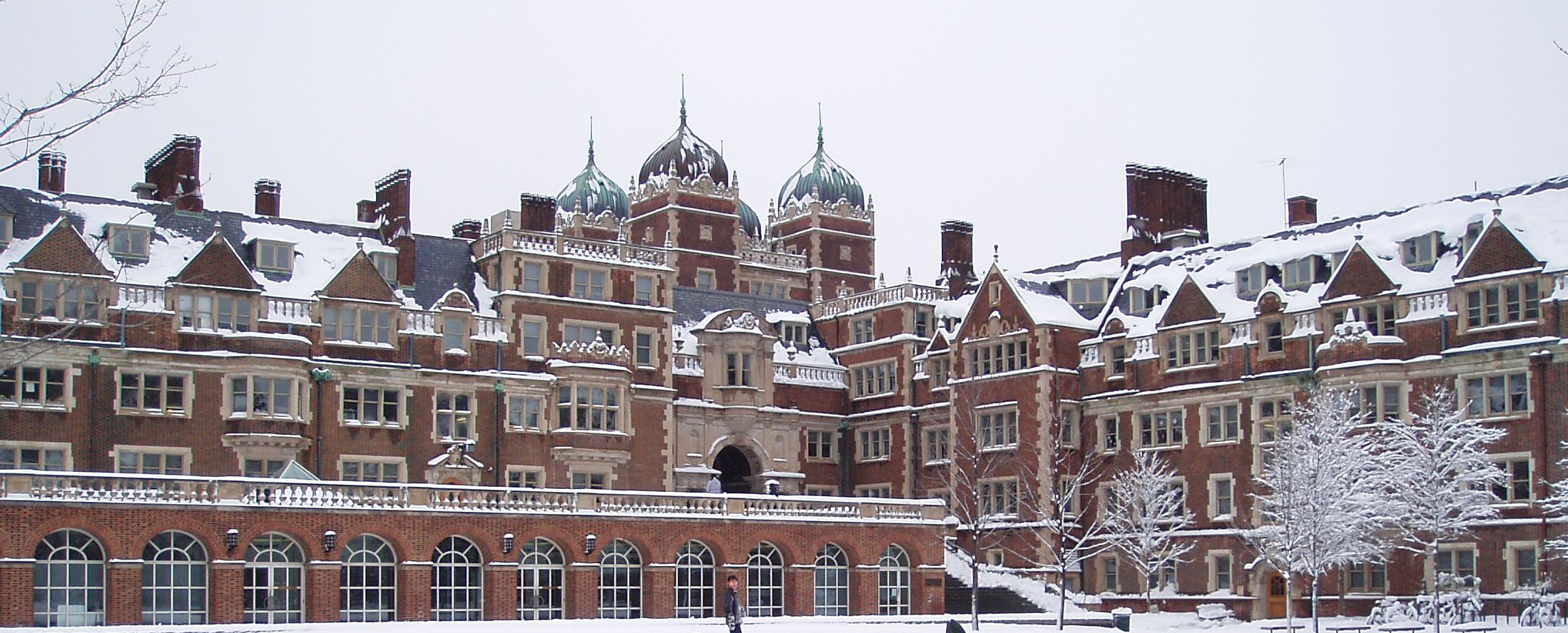
He emerged from the University of Pennsylvania in 1997 with a Bachelor of Arts in physics and a Bachelor of Science in economics from the Wharton School. During his time there, he reportedly even hosted large, ticketed house parties to help pay for tuition. He also gained early Silicon Valley experience through internships at an energy storage startup and a gaming company, setting the stage for his entrepreneurial leap into the burgeoning Internet boom.
His inaugural plunge into the business world was in 1995, co-founding Zip2 with his brother Kimbal and Greg Kouri, utilizing funds from his father. This web software company developed an Internet city guide for newspapers, securing contracts with prestigious publications like The New York Times and the Chicago Tribune. Although his attempts to become CEO were thwarted, the company’s sale to Compaq in 1999 for $307 million provided Musk with a significant $22 million for his 7-percent share, fueling his next ambitious endeavor.
Following Zip2, Musk co-founded X.com in 1999, an online financial services and email payment company that swiftly attracted over 200,000 customers in its initial months. This pioneering online bank later merged with Confinity, which operated the more popular PayPal money-transfer service. Despite being ousted as CEO twice, once by investors and once by the board, he emerged as the largest shareholder when eBay acquired PayPal for $1.5 billion in stock in 2002, netting him a remarkable $175.8 million.
With this substantial capital, Musk embarked on his most audacious dream: space. In 2002, he founded SpaceX with $100 million of his own fortune, driven by a vision to make space travel affordable and ultimately colonize Mars. His early attempts were fraught with peril, with the first three Falcon 1 rocket launches failing, nearly leading to his bankruptcy. However, true to his tenacious spirit, the fourth launch in 2008 succeeded, marking a turning point.
SpaceX’s journey from a nascent startup to a leader in space technology is nothing short of extraordinary. The company secured a $1.6 billion NASA contract in 2008 to ferry cargo to the International Space Station (ISS) with its Dragon spacecraft, stepping into the void left by the retiring Space Shuttle. In 2012, Dragon became the first commercial spacecraft to dock with the ISS. The relentless pursuit of reusability, a cornerstone of SpaceX’s mission, bore fruit in 2015 with the successful landing of a Falcon 9 first stage, followed by landings on autonomous spaceport drone ships.
The company’s achievements continued to soar, launching the powerful Falcon Heavy in 2018, with Musk’s personal Tesla Roadster as a memorable dummy payload. Since 2019, SpaceX has been developing Starship, an ambitious super heavy-lift launch vehicle designed to replace its predecessors. A truly historic milestone was reached in 2020 with the Demo-2 mission, making SpaceX the first private company to launch astronauts into orbit and dock with the ISS. In 2024, NASA entrusted SpaceX with an $843 million contract to deorbit the ISS at the end of its lifespan, a testament to its preeminence in space.
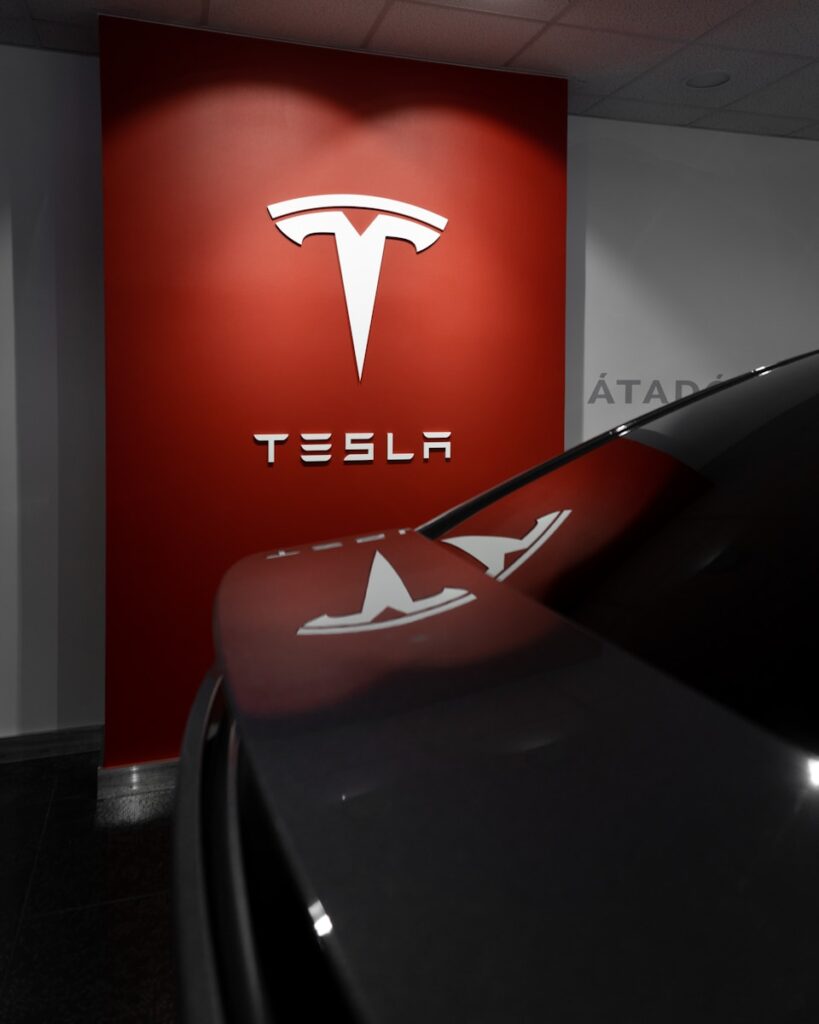
Parallel to his galactic ambitions, Musk revolutionized terrestrial transport with Tesla. He became an early investor in 2004, injecting $6.35 million and assuming the role of chairman. By 2008, he had taken the helm as CEO and product architect, despite a prior lawsuit settlement designating him as a co-founder alongside others. Under his leadership, Tesla transitioned from delivering the pioneering Roadster electric sports car in 2008 to launching a series of best-selling electric vehicles, including the Model S, Model X, mass-market Model 3, Model Y, and the distinctive Cybertruck.
Tesla’s growth under Musk has been explosive. The company constructed multiple Gigafactories for lithium-ion batteries and electric vehicles, transforming manufacturing. Its stock has surged dramatically since its 2010 initial public offering, becoming the most valuable carmaker in mid-2020 and entering the S&P 500 later that year. By October 2021, Tesla achieved a monumental $1 trillion market capitalization, joining an exclusive club of U.S. companies.
However, this path has not been without its challenges. Musk resigned as chairman of the board in May 2020 as part of an SEC settlement following a controversial tweet about taking Tesla private. Additionally, his role in the 2016 acquisition of SolarCity, a company founded by his cousins and initially conceived by him, generated significant controversy. Shareholder lawsuits alleged the $2 billion purchase was primarily for Musk’s benefit, though a court eventually ruled in his favor two years later, highlighting the constant legal and financial pressures inherent in such large-scale endeavors.
Beyond space and electric vehicles, Musk’s insatiable curiosity and drive extend into equally ambitious and, at times, contentious domains. In 2016, he co-founded Neuralink, a neurotechnology startup aiming to integrate the human brain with artificial intelligence through embedded devices. The company envisions technology that could enhance memory or treat neurological conditions, such as spinal cord injuries. After years of development, Neuralink announced clinical trials would begin by the end of 2022, and in September 2023, the Food and Drug Administration approved Neuralink to initiate six-year human trials.

Yet, this pioneering work has not been without its ethical quandaries. Neuralink has faced accusations of animal cruelty, with reports of employee pressure from Musk leading to botched experiments and unnecessary animal deaths during testing on macaques at the University of California, Davis. A federal probe was launched in 2022 into possible animal welfare violations, underscoring the intense scrutiny that accompanies his cutting-edge ventures.
Another innovative, yet sometimes perplexing, venture is The Boring Company, founded by Musk in 2017 to construct underground tunnels. His vision was to circumvent urban traffic with specialized, high-occupancy vehicles traveling at speeds up to 150 miles per hour. While early test trenches were built without permits on SpaceX premises, and a short Los Angeles tunnel debuted to mixed reviews, two projects in Chicago and West Los Angeles were canceled. Nonetheless, a tunnel beneath the Las Vegas Convention Center was completed in early 2021, with local officials approving further expansions, demonstrating his persistent push for unconventional solutions.
Perhaps no acquisition has placed Musk more squarely in the public and political spotlight than his purchase of Twitter, now rebranded as X. In early 2017, he began expressing interest in the platform, questioning its commitment to free speech. By 2022, he had become its largest shareholder, eventually making a $43 billion offer to buy the company. Despite initial back-and-forth, he finalized the $44 billion acquisition on October 27, 2022, immediately firing several top executives and assuming the role of CEO himself.
Under Musk’s leadership, X has undergone radical transformations and faced immense turbulence. The introduction of monthly subscriptions for the “blue checkmark” and significant staff layoffs were among the immediate, impactful changes. His stated aim to lessen content moderation, however, led to accusations of increased hate speech and the spread of misinformation on the platform. Controversies continued, from the release of internal documents related to Twitter’s moderation of the Hunter Biden laptop story to accusations of silencing critics by removing blue checkmarks or suspending accounts without justification.
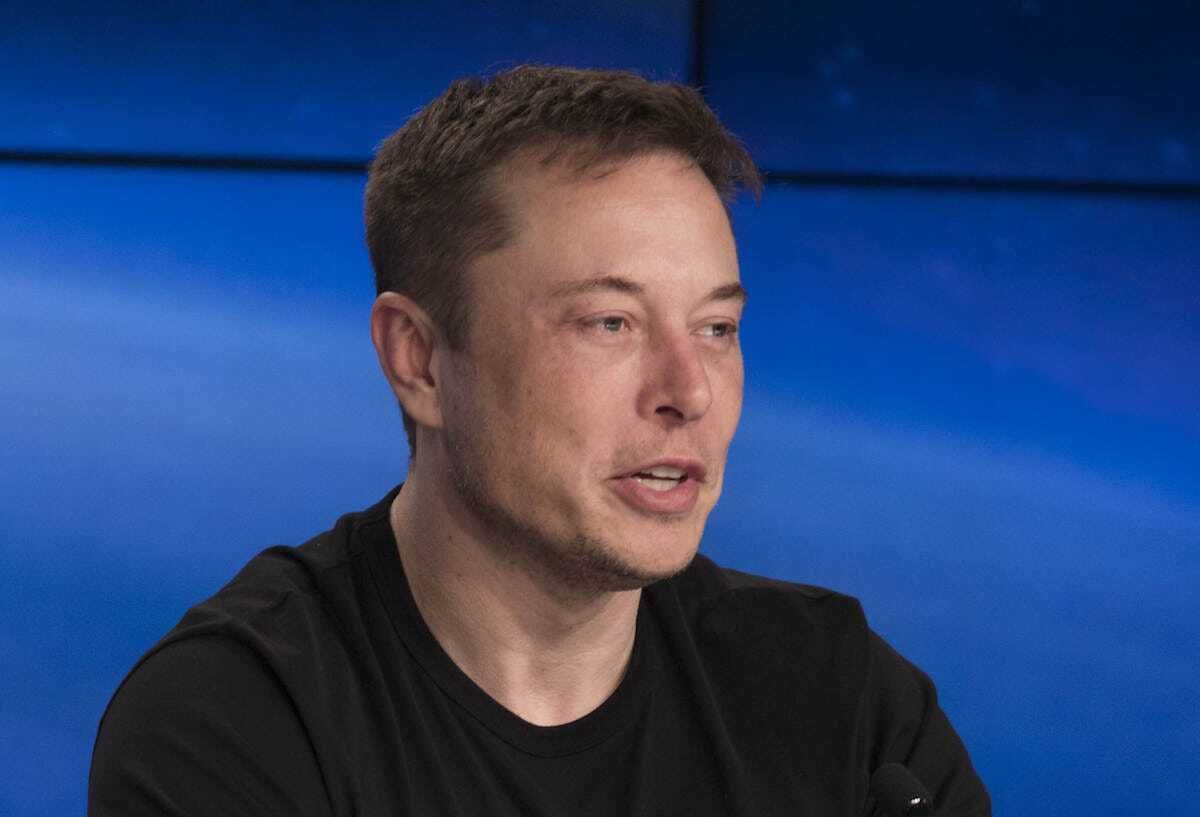
Five months after promising to step down as CEO following a Twitter poll, Musk transitioned to executive chairman and chief technology officer. Yet, X continues to grapple with challenges such as viral misinformation, hate speech, and antisemitism controversies, demonstrating the ongoing pressures of managing such a high-profile and influential global platform. This single acquisition alone could be enough to keep anyone “nervous,” let alone someone juggling multiple multi-billion-dollar enterprises.
Musk’s engagement in politics has become as prominent and polarizing as his business ventures. Historically, he donated to both Democratic and Republican candidates, but since 2022, his political contributions have predominantly supported Republicans. He was the largest individual donor in the 2024 U.S. presidential election, and by early 2024, he had become a vocal and financial supporter of Donald Trump. His appearance on stage at a Trump campaign rally and his promotion of conspiracy theories in support of Trump underscore his deep immersion in partisan advocacy.
His role in the second Trump administration, especially as a senior advisor and the de facto head of the Department of Government Efficiency (DOGE), drew intense public backlash. DOGE, a concept born from discussions between Musk and Trump, was envisioned to cut the U.S. federal budget and consolidate federal agencies, with Musk even suggesting its ultimate goal was “deleting itself.” His influence over mass layoffs of the federal workforce and the organization’s prioritization of secrecy garnered severe criticism.
Perhaps one of the most striking controversies was the accusation from Bill Gates in May 2025 that Musk was “killing the world’s poorest children” through cuts to USAID, with modeling estimating 300,000 deaths, mostly children, by this time. Such direct, grave accusations, alongside a widely condemned gesture at Trump’s second inauguration that many interpreted as a Nazi or fascist salute (despite Musk’s vehement denials and an Anti-Defamation League statement to the contrary), illustrate the extraordinary level of public and international scrutiny he faces. It’s a weight that would test the resolve of any individual, regardless of their financial standing.
Following his departure from the Trump administration on May 30, 2025, Musk quickly ignited a public feud with Donald Trump, criticizing the administration’s “Big Beautiful Bill” as a “disgusting abomination.” The most notable event in this feud was Musk’s highly public allegation on X that Trump had ties to sex offender Jeffrey Epstein, prompting a furious response from Trump and a call for a third Trump impeachment from Musk. While Musk later publicly apologized for his tweets, stating they “went too far,” this episode highlights the volatile and deeply personal nature of his public confrontations, adding another layer of complexity to his already intricate public image.
Musk describes himself as a political moderate, though his views have demonstrably shifted rightward over time, characterized by some as libertarian or far-right. He champions causes like universal basic income, gun rights, and freedom of speech, while expressing concerns about artificial intelligence and climate change. He also opposes wealth taxes and government subsidies, creating a complex ideological tapestry that often defies simple categorization. His pronatalist stance, believing population decline is the biggest threat to civilization, further adds to his distinctive worldview.
Yet, his public statements have frequently landed him in hot water, leading to accusations of racism, sexism, antisemitism, transphobia, and disseminating disinformation. During the COVID-19 pandemic, he made unscientific claims and defied lockdown restrictions. His comments regarding George Soros and Jewish communities have been condemned by organizations like the Anti-Defamation League and the White House, showcasing the constant public relations tightrope he walks.
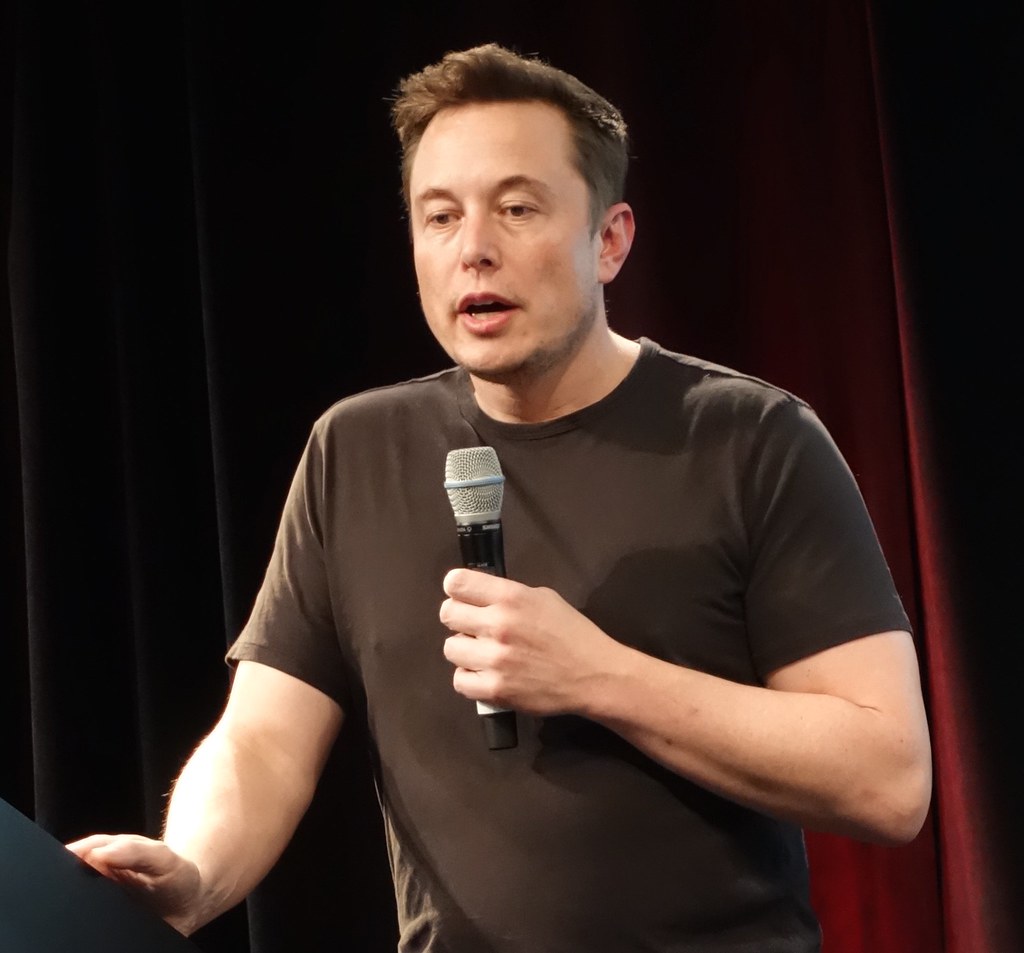
Internationally, Musk’s influence is also felt. He has criticized Israel’s actions in Gaza, praised China’s economic and climate goals, and suggested a resolution for Taiwan-China relations. His provision of free Starlink service to Ukraine during the Russian invasion was lauded, yet his refusal to block Russian state media and his denial of a request to activate Starlink over Crimea due to fears of a nuclear response stirred significant debate. This global footprint, combined with his ownership of X, has attracted increasing scrutiny and criticism from world leaders in Europe and beyond.
In essence, Elon Musk’s life is a constant, exhilarating, and undeniably exhausting high-wire act. He manages an empire that spans the automotive industry, space exploration, social media, neurotechnology, and infrastructure, each segment pushing the boundaries of what is technologically possible. The relentless pace of innovation, the colossal financial investments, the pervasive public and political controversies, and the sheer audacity of his personal views create an environment of unparalleled pressure. It’s a dynamism that defines his narrative, a story of a man who continually places himself at the epicenter of the future, perhaps inherently inviting the kind of intensity that would make anyone, even the wealthiest person in the world, feel that unique hum of “nervousness” that comes with living so profoundly on the edge.
His journey is far from over, and the very act of navigating such a vast, often turbulent, landscape of business, politics, and public opinion demands a level of endurance and adaptability that few possess. The world watches, breathlessly, as he continues to forge ahead, shaping industries and challenging norms, all while operating under a spotlight that never dims. It’s a spectacle of ambition and controversy, a testament to what one individual can achieve, and the immense weight that comes with such monumental endeavors.




